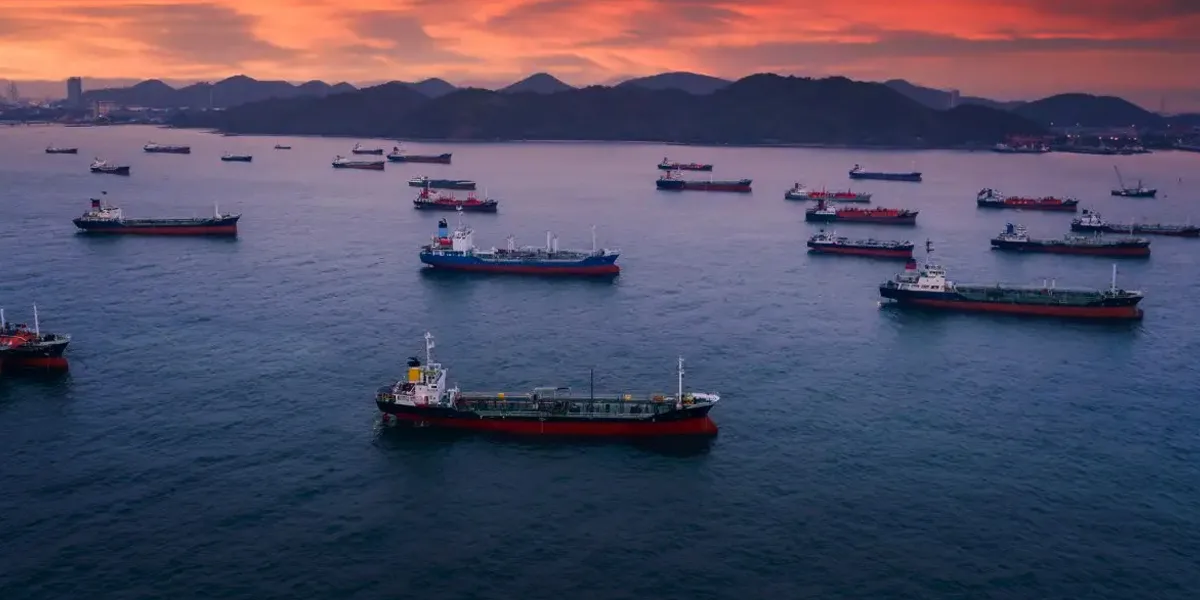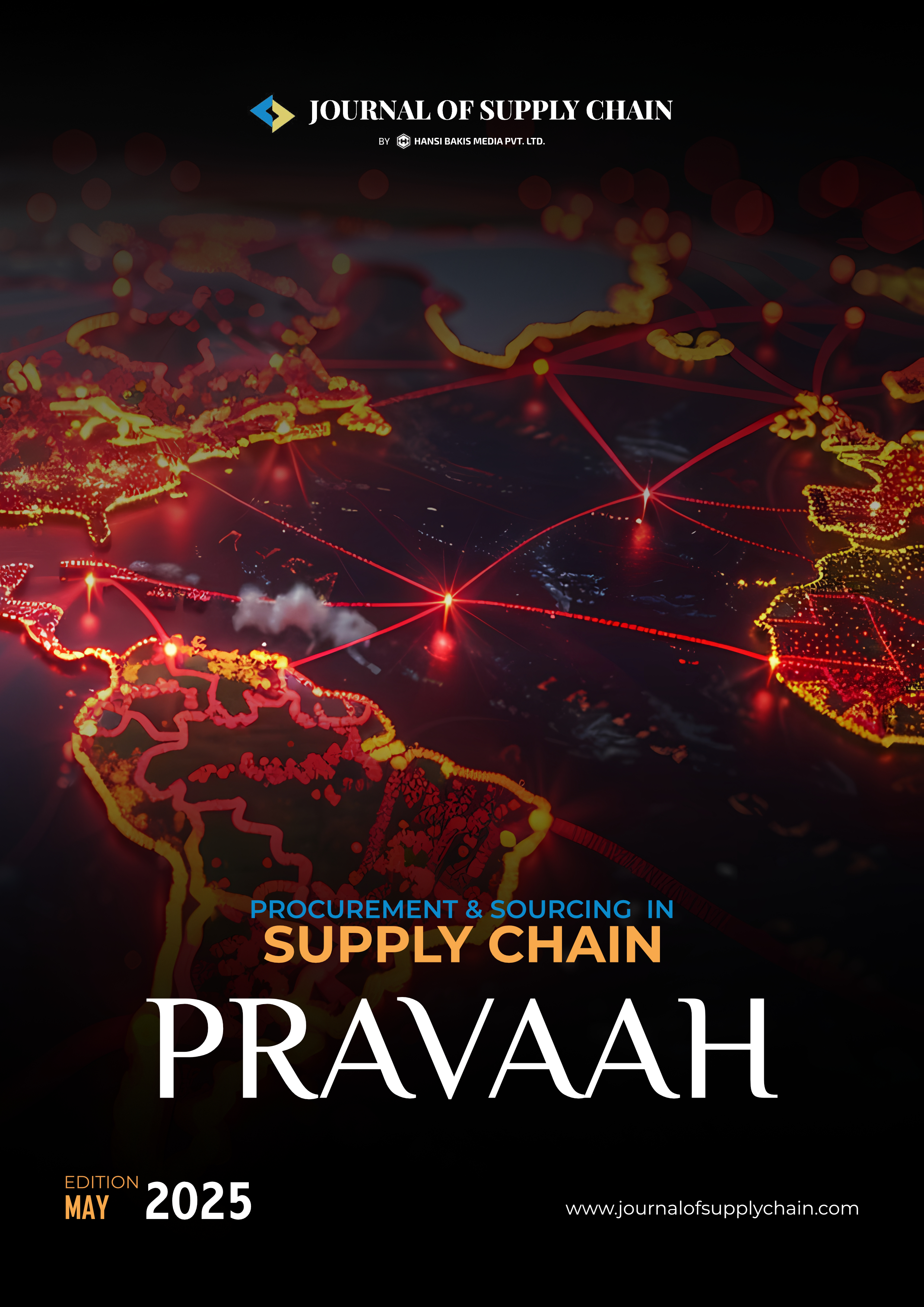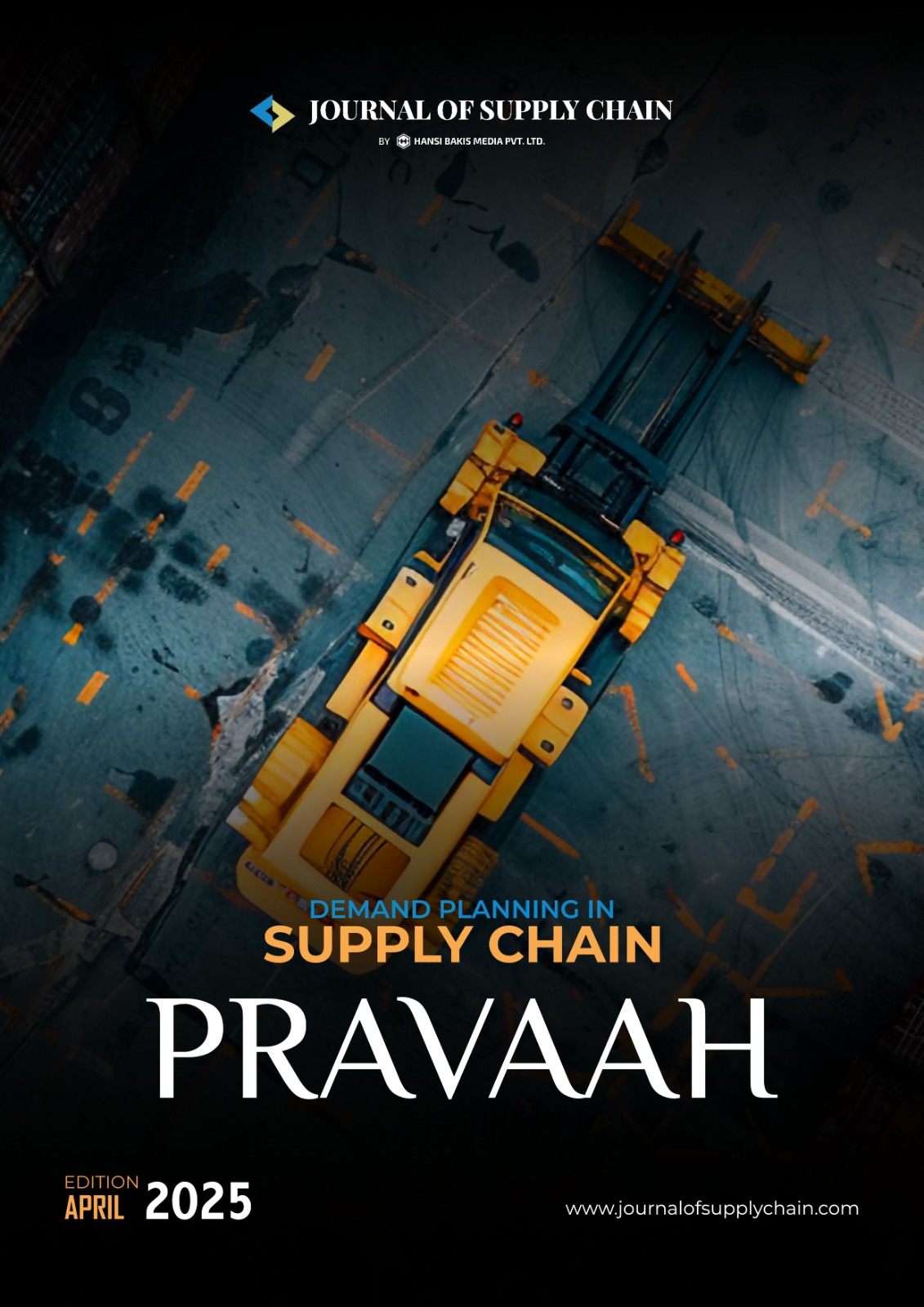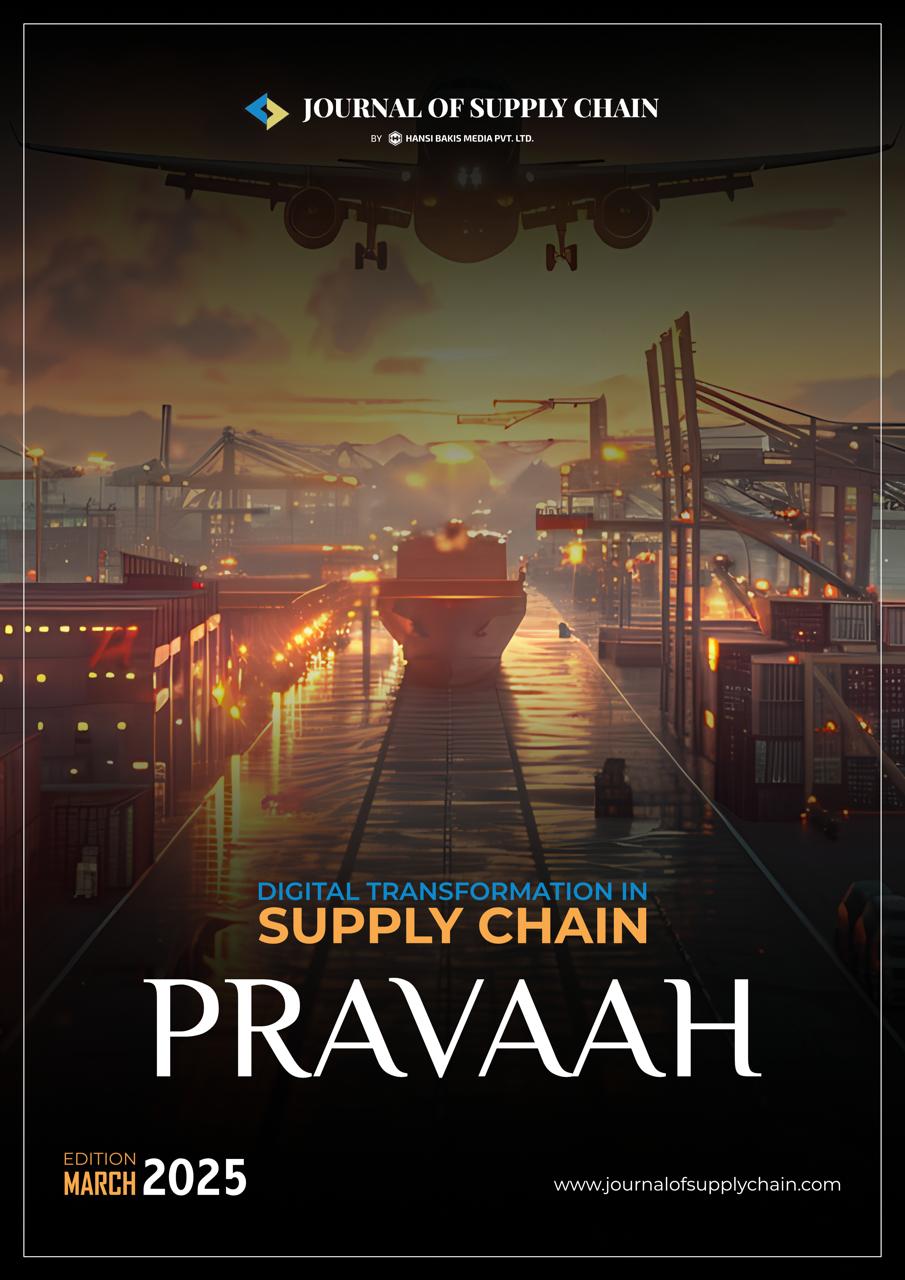Adani Ports records 17% YoY increase in handled cargo volume for May'25
Adani Ports and Special Economic Zone (APSEZ), India’s largest private port operator, reported a robust cargo volume of 41.8 million metric tonnes (MMT) in May 2025, reflecting a 17% year-on-year (YoY) growth. This surge was primarily driven by a 22% increase in container traffic and a 17% rise in dry bulk cargo, underscoring the growing efficiency in port logistics in the supply chain. On a year-to-date (YTD) basis, APSEZ handled 79.3 MMT of cargo, marking a 10% YoY growth, with container volumes up by 21%. The company's extensive shipping ports and freight handling capabilities continue to contribute significantly to India's trade infrastructure. In terms of rail logistics, May 2025 saw volumes reach 0.06 million TEUs (up 13% YoY), while General Purpose Wagon Investment Scheme (GPWIS) volumes stood at 2.01 MMT (up 4% YoY). For YTD May 2025, logistics rail volumes touched 0.12 million TEUs (up 15% YoY), and GPWIS volumes hit 3.8 MMT (up 4%). With a port capacity of 633 MMT and cargo handling of 450 MMT in FY25, APSEZ continues to lead India's smart port and supply chain evolution. Operating 15 domestic and 4 international ports, APSEZ is driving operational efficiency and helping to reduce India port congestion. Despite strong performance metrics, the APSEZ stock declined 2.50% to ₹1,431.60 on the BSE amid broader market fluctuations.
The port productivity revolution transforming global shipping supply chains
The global maritime and shipping industry is undergoing a transformational shift as ports worldwide integrate automation, artificial intelligence, and digital logistics into their operations. These innovations are reshaping port logistics in supply chain systems, slashing vessel turnaround times, and altering global freight dynamics. Recent headlines highlight India's rapid evolution in shipping ports and freight handling. Deendayal Port (formerly Kandla), for example, has achieved a new milestone by discharging nearly 80,000 tons of coal in a single day quadrupling productivity compared to earlier decades. The surge in efficiency reflects the port’s investment in automation, aligning it with global performance leaders in East and Southeast Asia, where 13 of the world’s 20 most efficient container ports are located. Smart port and supply chain technologies such as automated yard cranes, AI-driven cargo routing, and robotic container handling are now central to port strategies. These systems eliminate downtime and human error, enabling 24/7 operations and significantly reducing vessel dwell time. This has led to a rise in “phantom capacity,” where ships complete more voyages annually without additional fleet expansion. For instance, container vessels that once made 12 trips per year can now complete 15-18 voyages on the same route, boosting effective vessel supply by up to 50%.
EU votes to curb Chinese medical devices, cites procurement bias
India Supply Chain Summit 2025
Zinka Logistics shares slide after 12% equity change hands in block trades
Zinka Logistics Solutions Ltd, a key player in India's digital supply chain and transport services sector, witnessed a sharp decline of over 4% in intraday trading on Tuesday following massive block deals. Around 21.2 million shares roughly 12% of the company's equity changed hands in three block trades, according to Bloomberg. The stock hit an intraday low of ₹420, marking its steepest fall since May 28. It later recovered marginally to ₹436, still under pressure despite a 0.07% gain in the benchmark Nifty 50. With this, Zinka shares are now down over 10% from their recent high of ₹494 and have slipped 7.7% year-to-date contrasting with Nifty 50’s 4.5% rise. The company’s market capitalization currently stands at ₹7,959.13 crore. This move comes amid a broader context of shifting trends in supply chain management and equity restructuring. According to a term sheet seen by Bloomberg, Quick-routes International Private Ltd. plans to sell a 9% stake (16 million shares) in Zinka Logistics via a secondary sale to raise ₹650 crore. The offer floor price was ₹405 per share, and IIFL Capital Services is managing the deal. Zinka’s ongoing developments reflect larger trends in SCM innovations in India and investor interest in the future of supply chain management, including supply chain financing and electronic supply chain management. As the company adapts to market shifts, it underscores the importance of resilient supply and chain frameworks in a competitive digital economy.
India should become a value chain leader: PM Modi at IATA AGM
Prime Minister Narendra Modi has emphasized that India should not just be seen as a growing aviation market, but as a rising leader in international trade and supply chain management, especially in the aviation sector. Speaking at the International Air Transport Association (IATA) Annual General Meeting in New Delhi, Modi highlighted India’s rapid advancements and strategic ambitions in global trade and supply chain management. India currently holds the title of the world’s fastest-growing civil aviation market and ranks third globally, behind only the US and China. With a massive fleet expansion on the horizon, domestic carriers like IndiGo, Air India, and Akasa Air have already placed orders exceeding 2,000 aircraft demonstrating strong confidence in India’s future aviation growth. To support this expansion, the government is strengthening allied sectors like EXIM in supply chain and aircraft maintenance. "In 2014, India had just 96 MROs (Maintenance, Repair, and Overhaul facilities). Today, that number has grown to 154," Modi stated, adding that the country is aiming to become a $4 billion MRO hub. These developments position India as a crucial player in international trade supply chain frameworks, with far-reaching impacts on both regional and global connectivity.
Mining Giants Turn to Trucks and Alternative Routes Amid the Canadian Rail Shutdown
Amid a major disruption in Canada’s rail system, mining powerhouses Rio Tinto Group and Teck Resources Ltd. are rerouting shipments and turning to trucking solutions to maintain operations. The railway stoppage, which began on August 22, has forced these companies to adopt alternative transportation methods to avoid significant operational delays. Rio Tinto announced that it will increase the use of its private railway between Quebec and Newfoundland and Labrador, along with relying more heavily on trucking to ensure the continued flow of raw materials. The company is a major producer of aluminum, iron ore, diamonds, and titanium in Canada. Similarly, Teck Resources Ltd., which operates a copper mine and refinery in British Columbia, is implementing "alternate transportation arrangements" to mitigate the impact of the rail stoppage, according to spokesperson Maclean Kay. Canada’s mining industry, a critical pillar of the nation’s resource-driven economy, depends heavily on the country’s two dominant railways—Canadian National Railway Co. and Canadian Pacific Kansas City Ltd.—to transport essential materials like copper, aluminum, iron ore, and coal. The shutdown of these railways, which carry approximately $740 million in trade daily, poses a significant threat to the sector. The Mining Association of Canada, in an August 22 statement, described the stoppage as “catastrophic” for the nation, emphasizing the dire consequences for both operational costs and Canada’s reputation as a reliable investment destination for supply chain-dependent industries like mining.
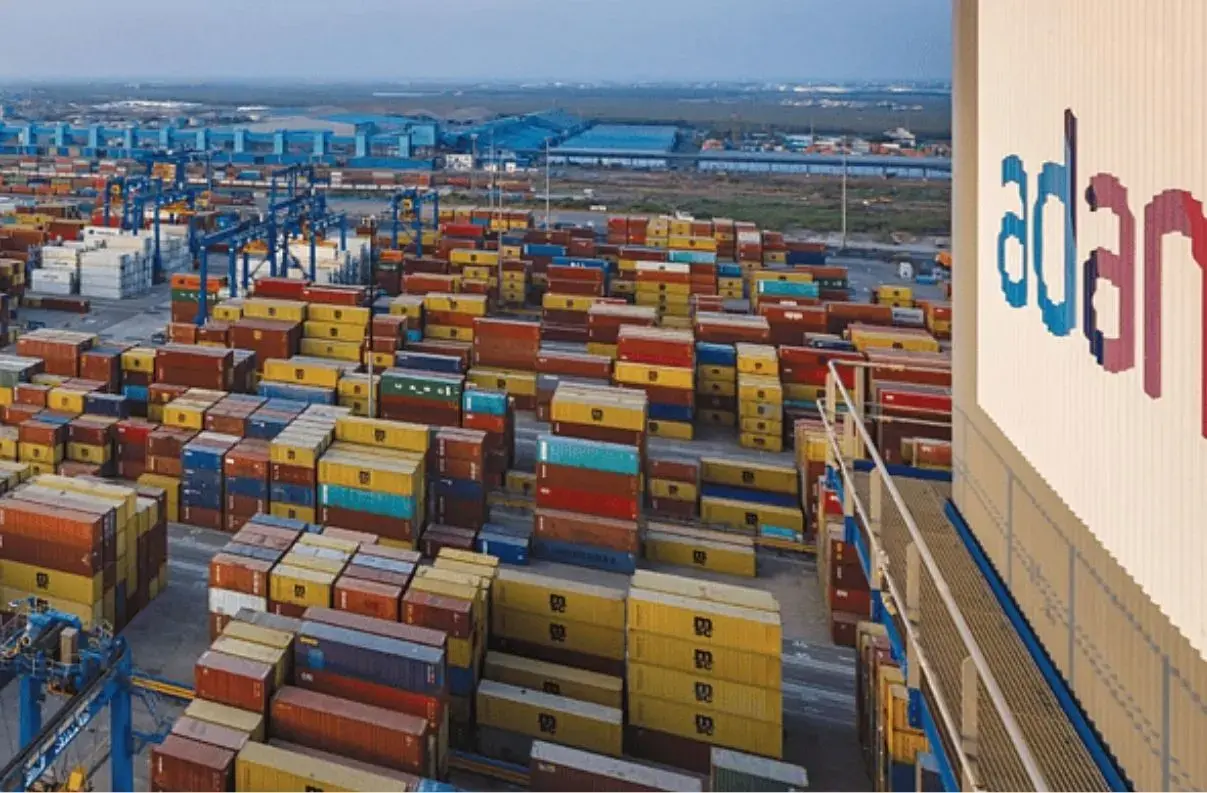
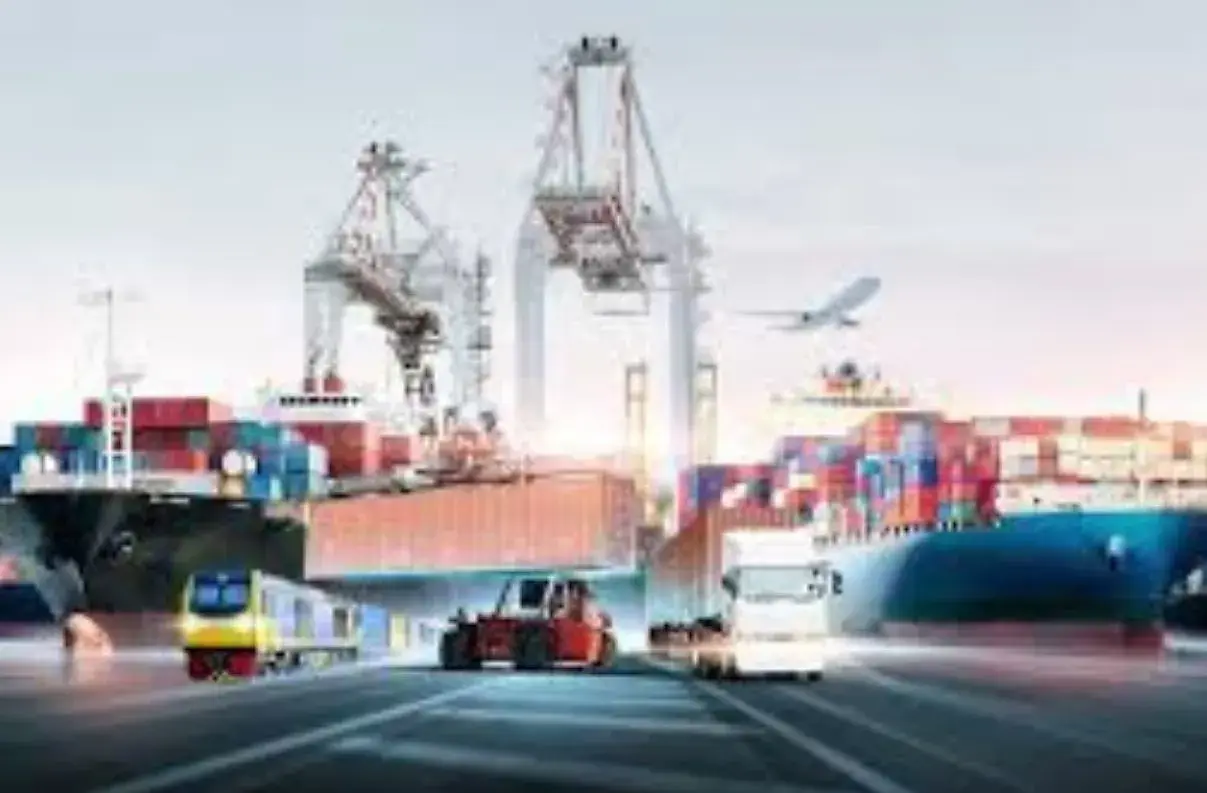

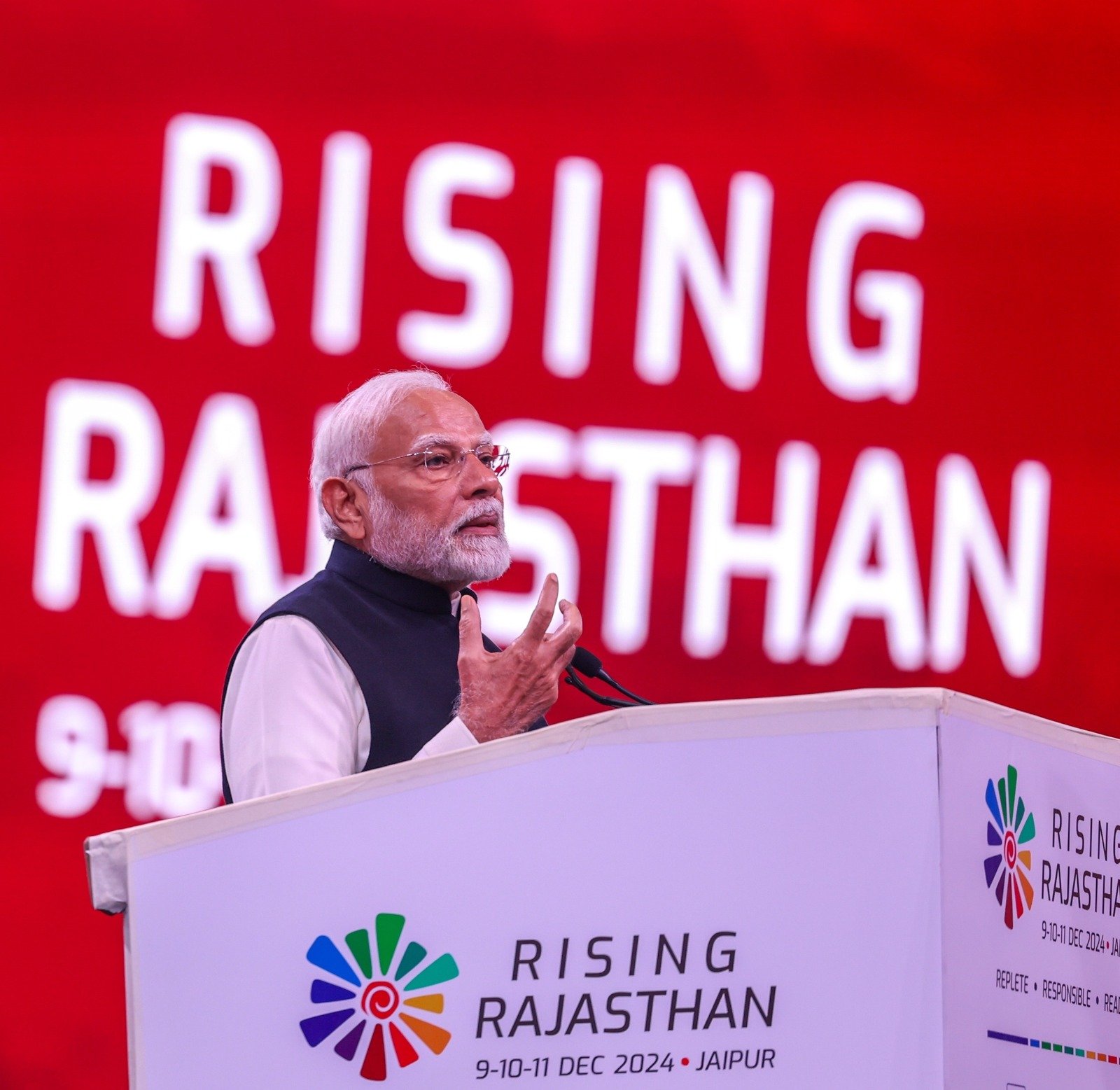
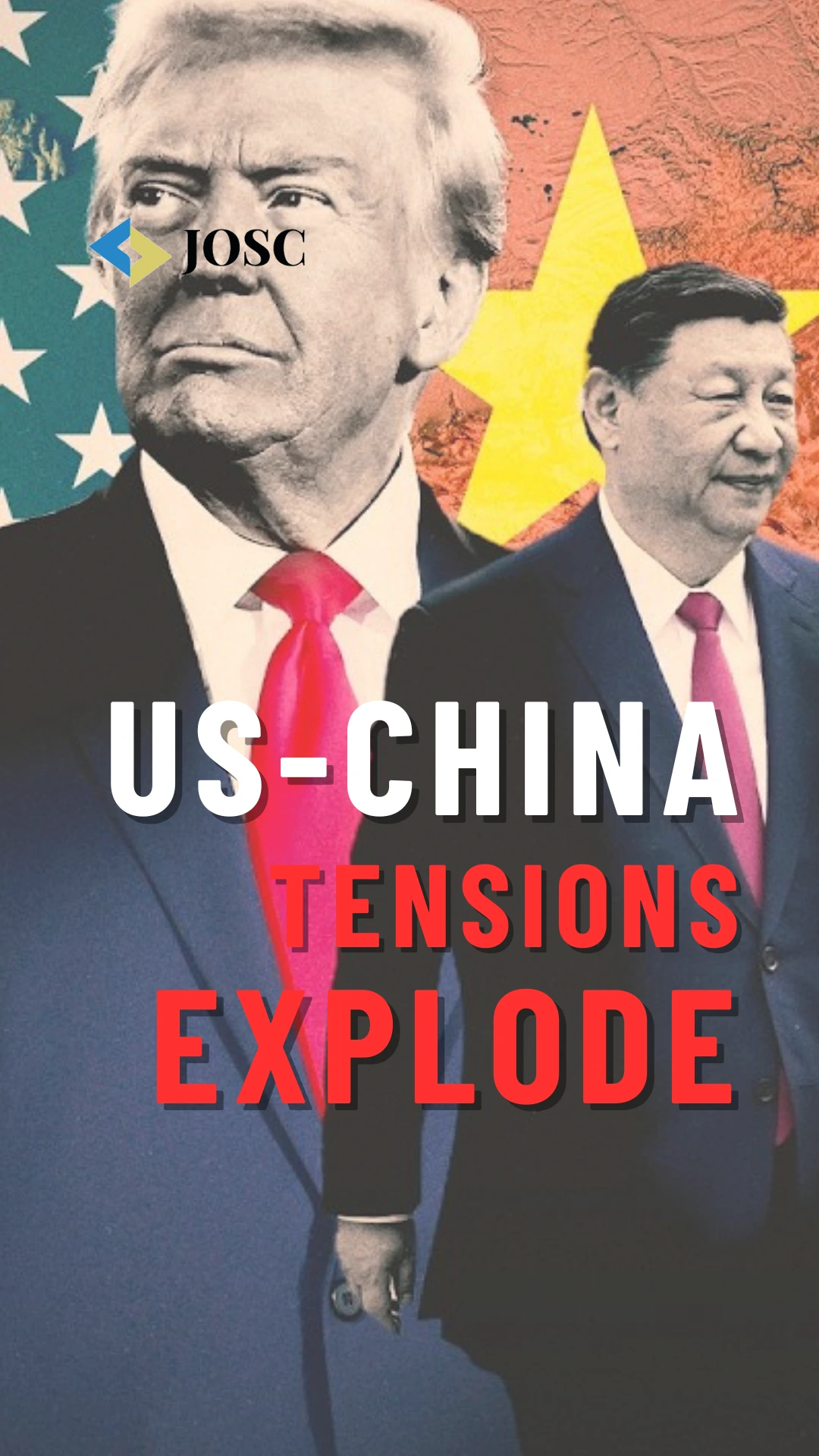

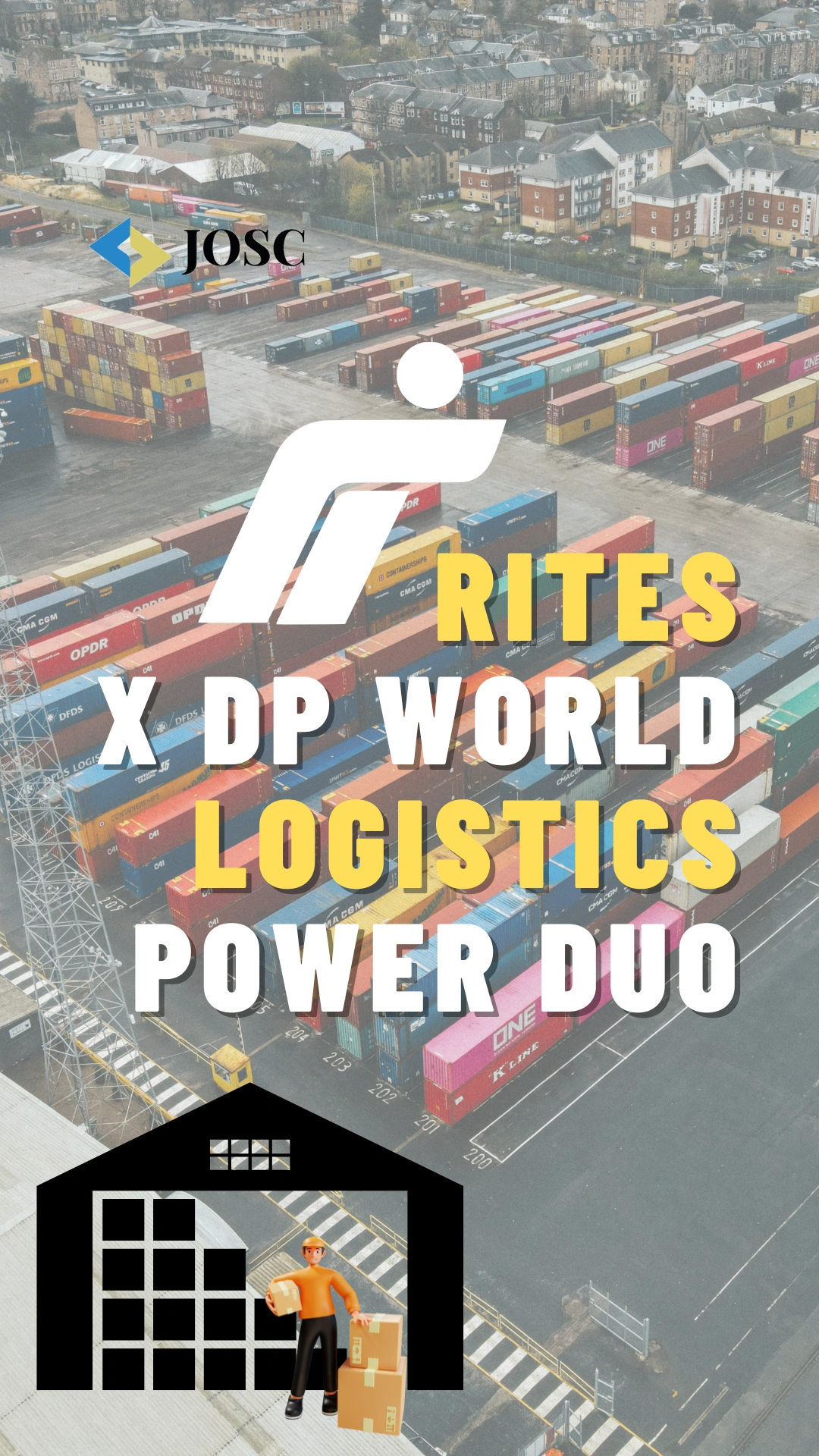

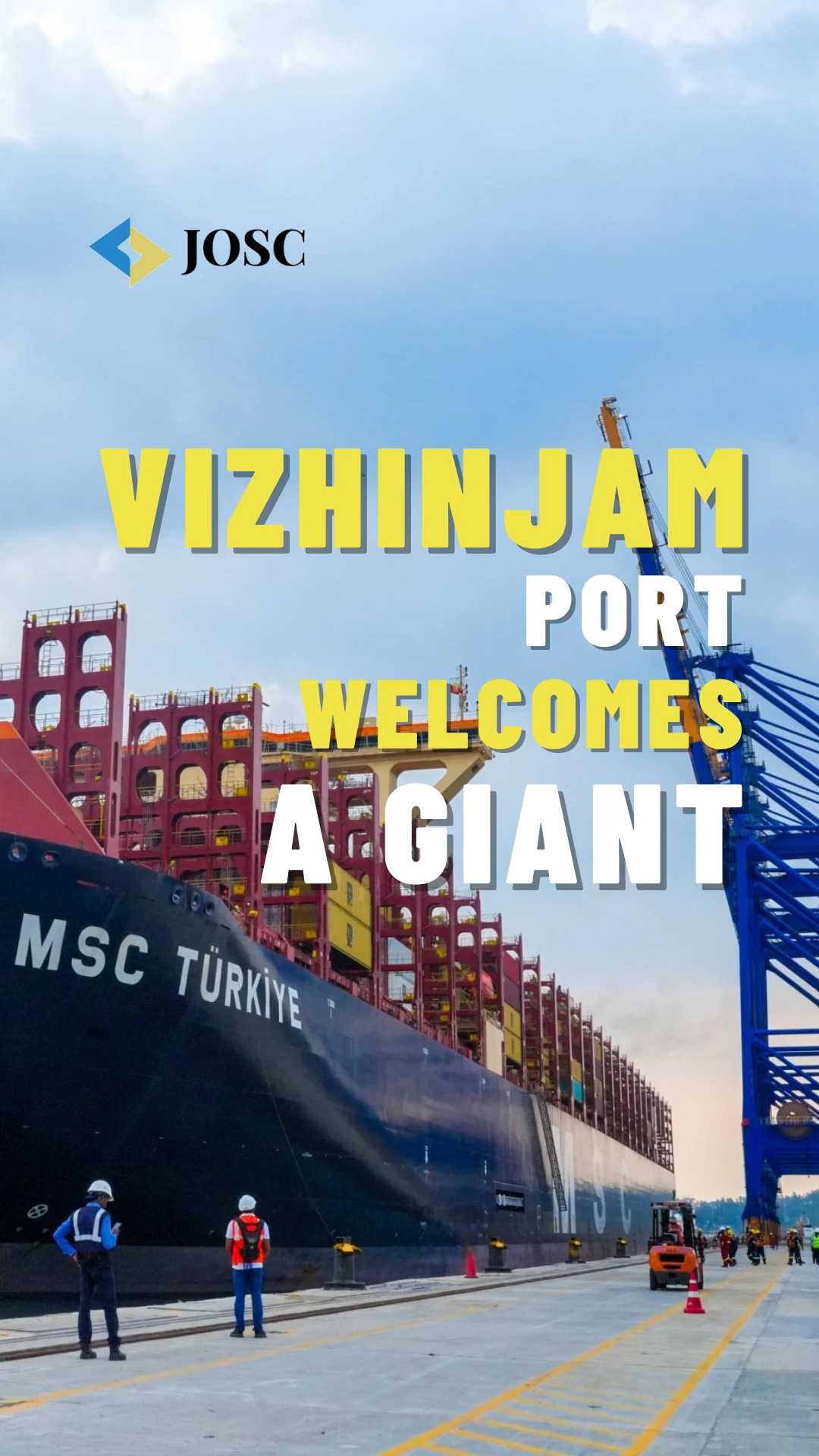




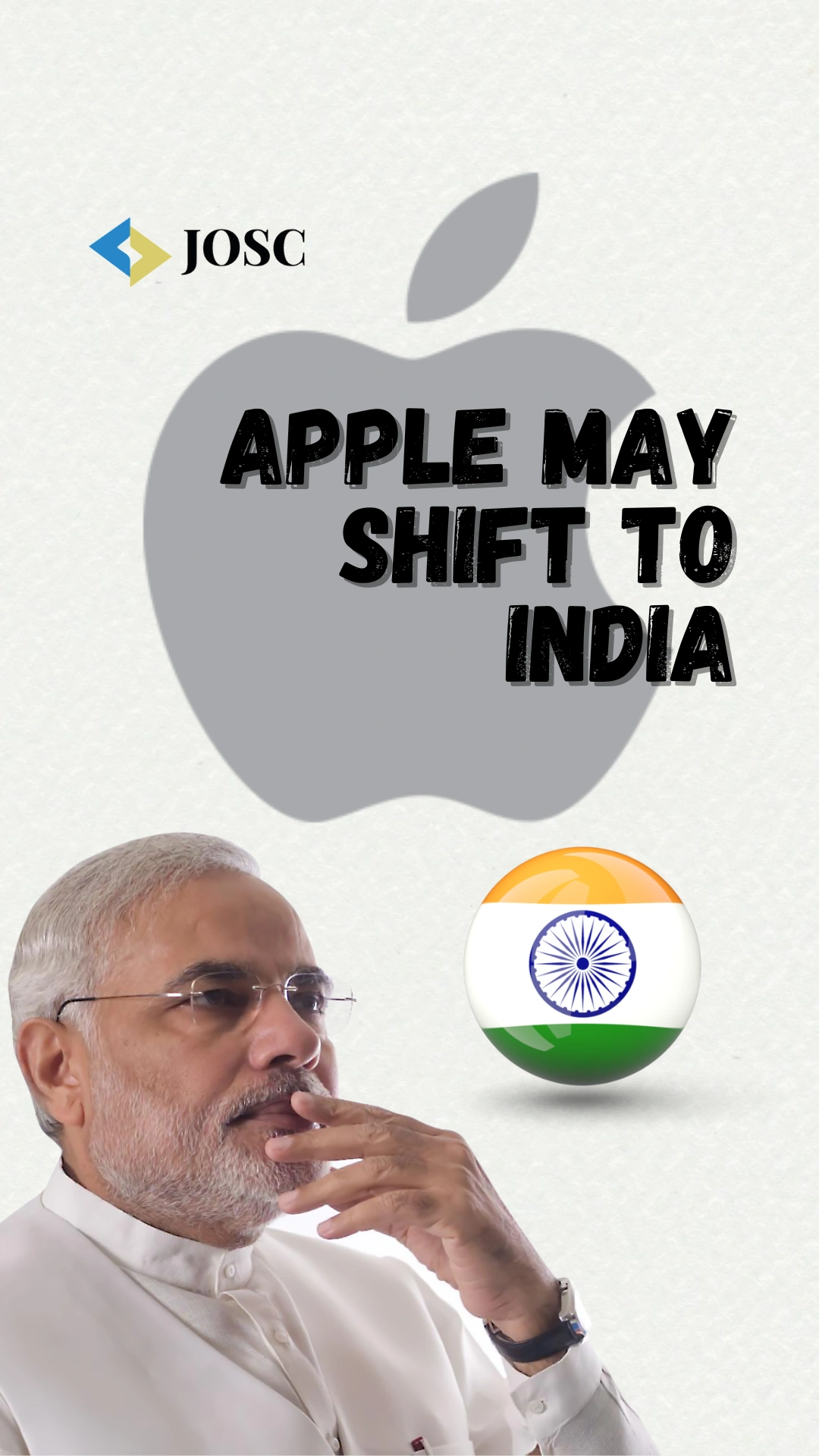


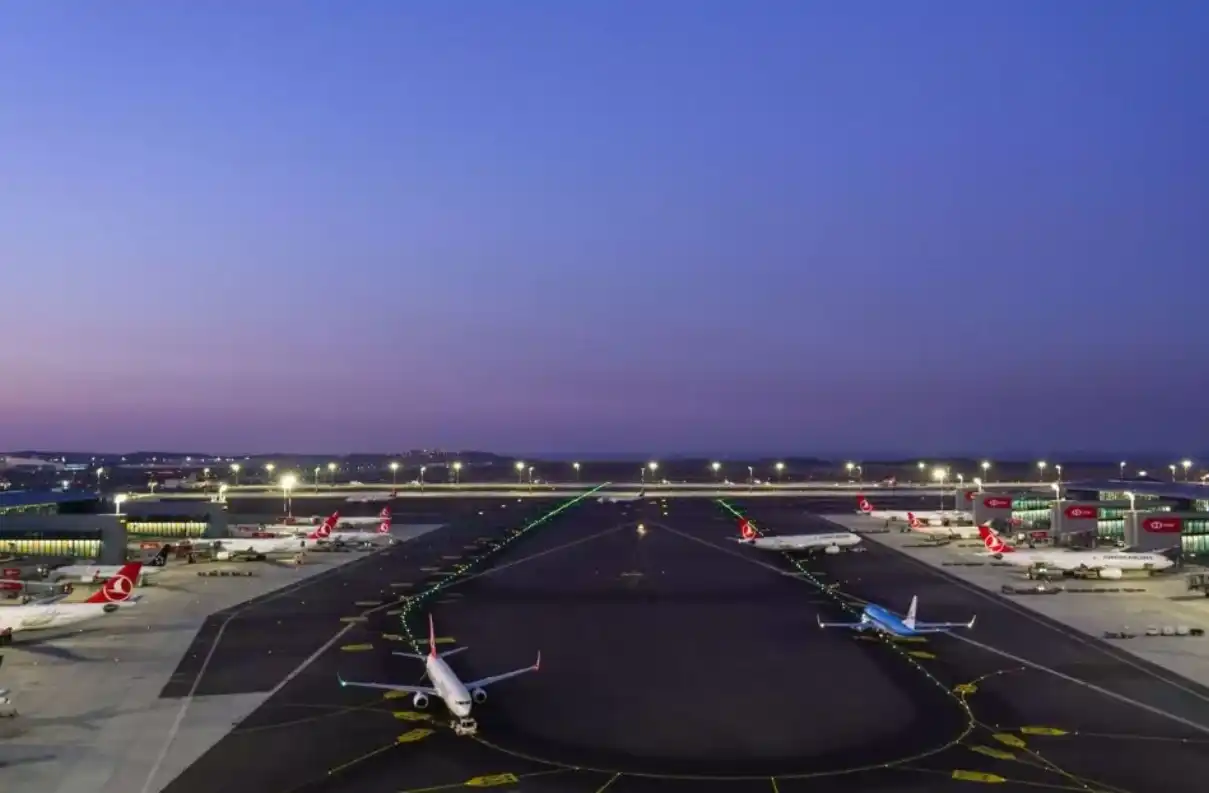








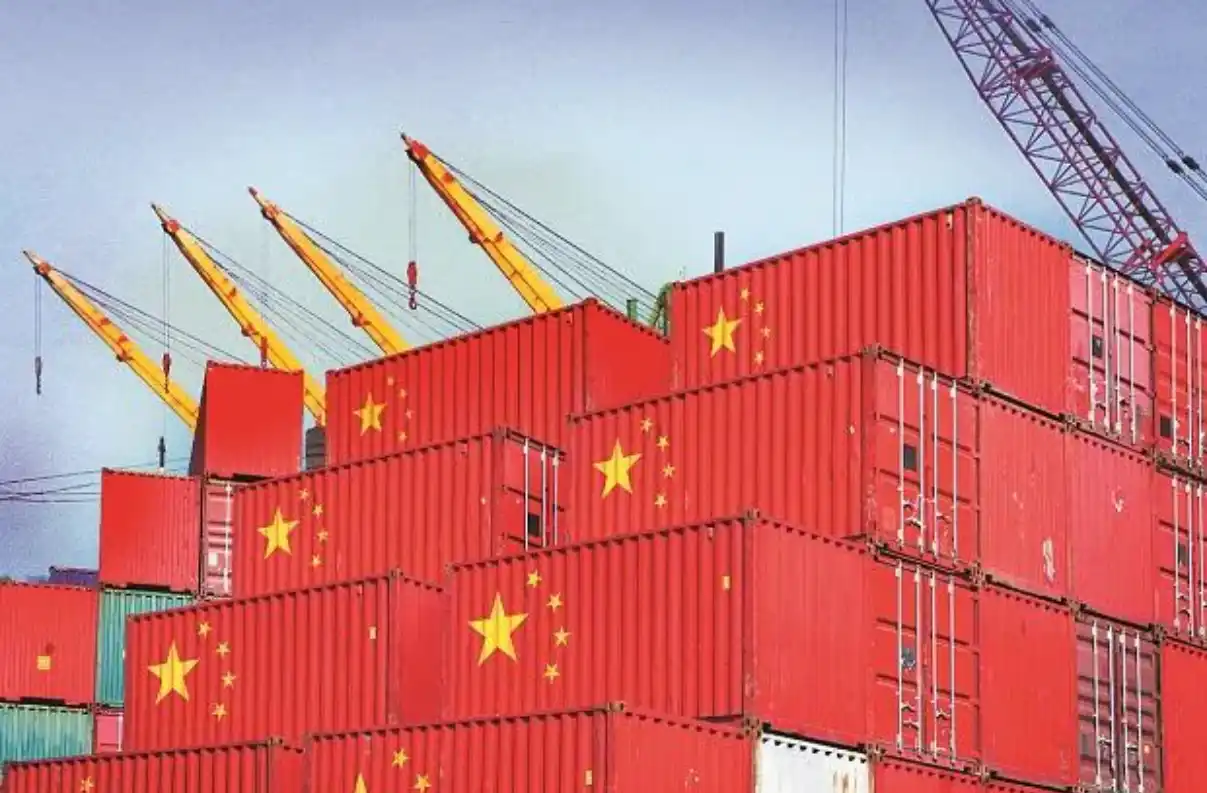
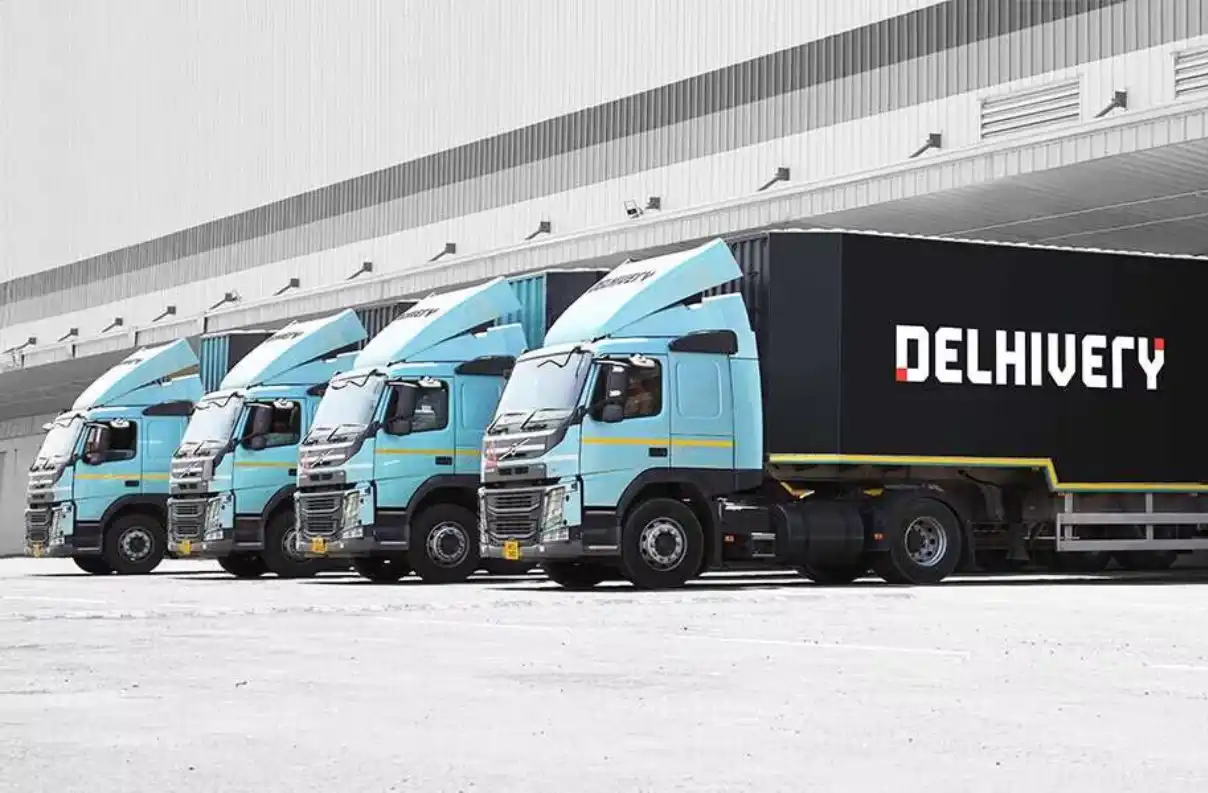
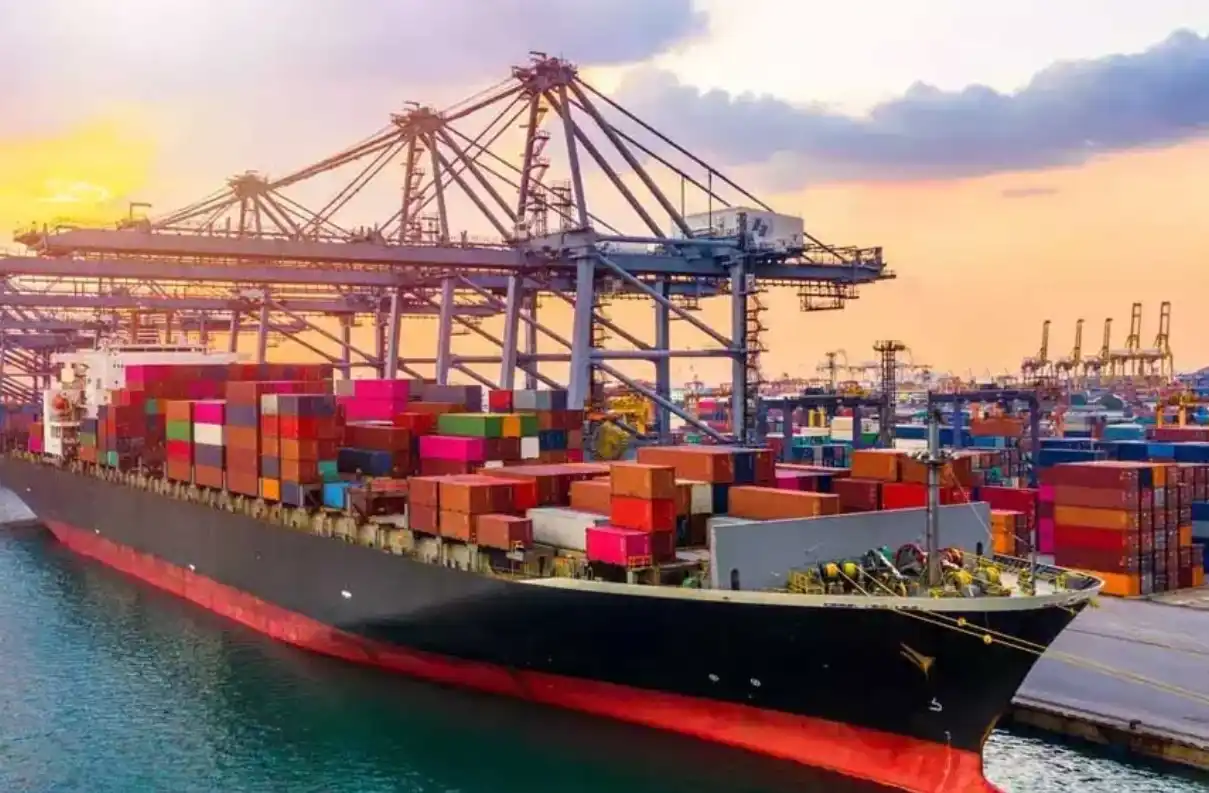
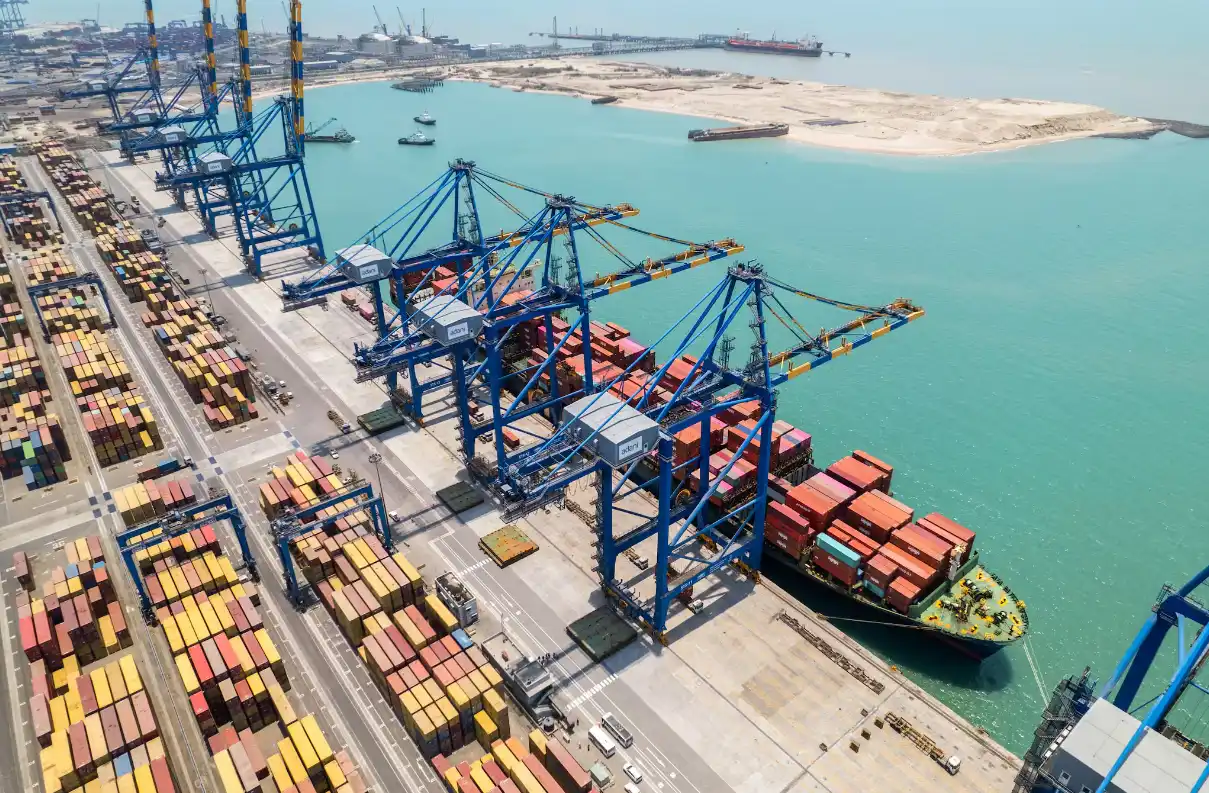

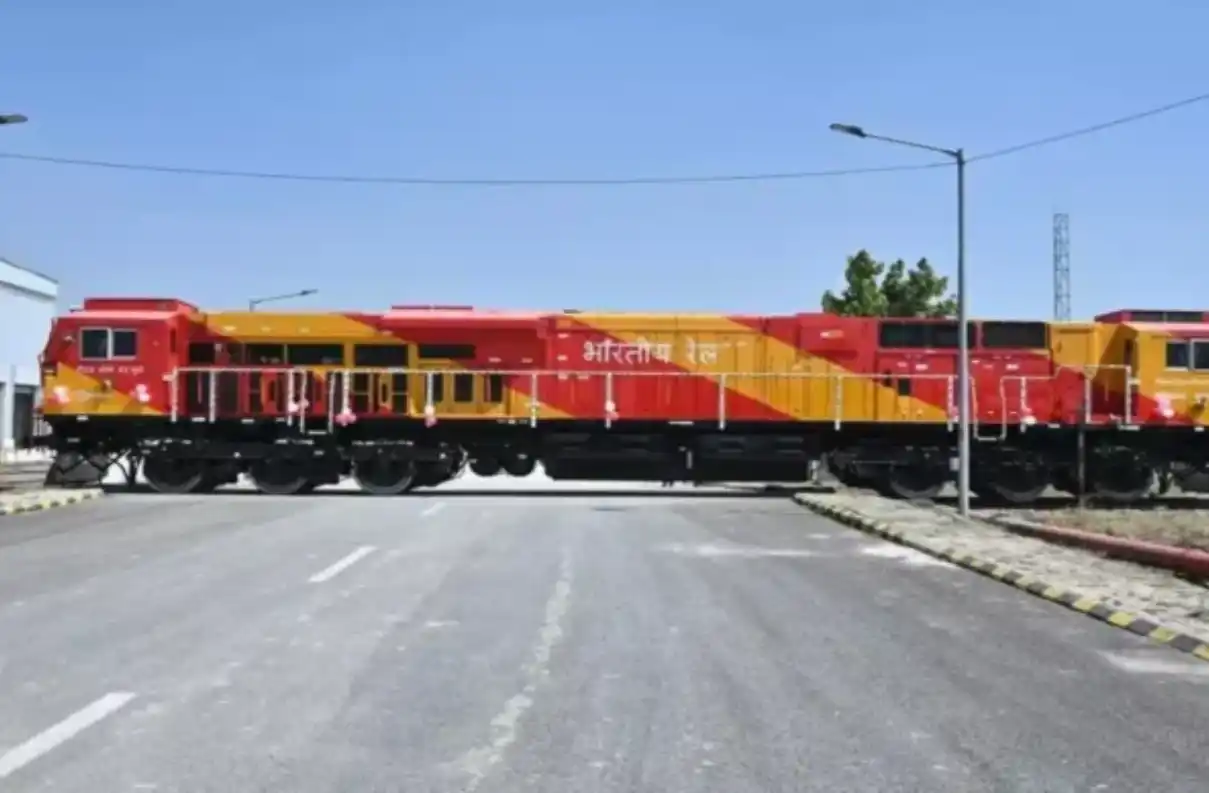
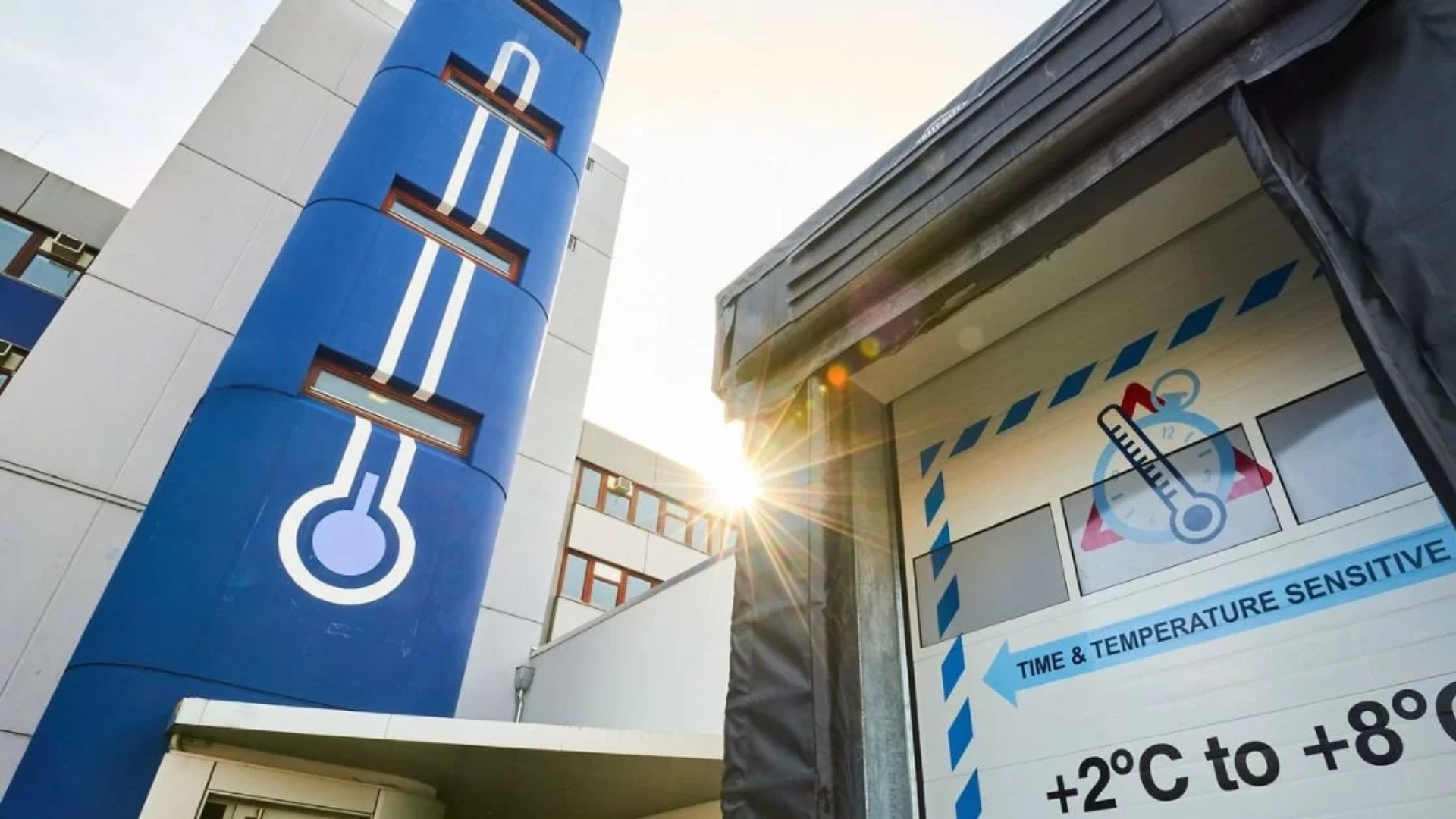
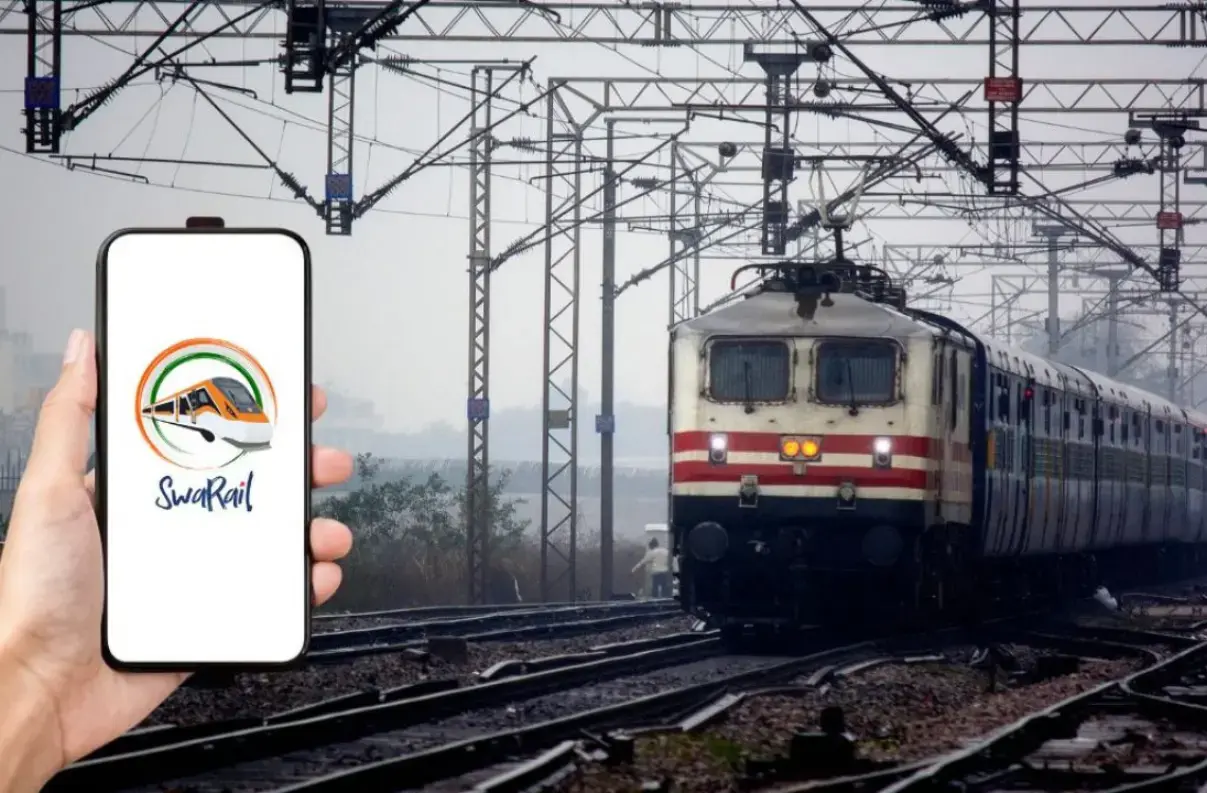







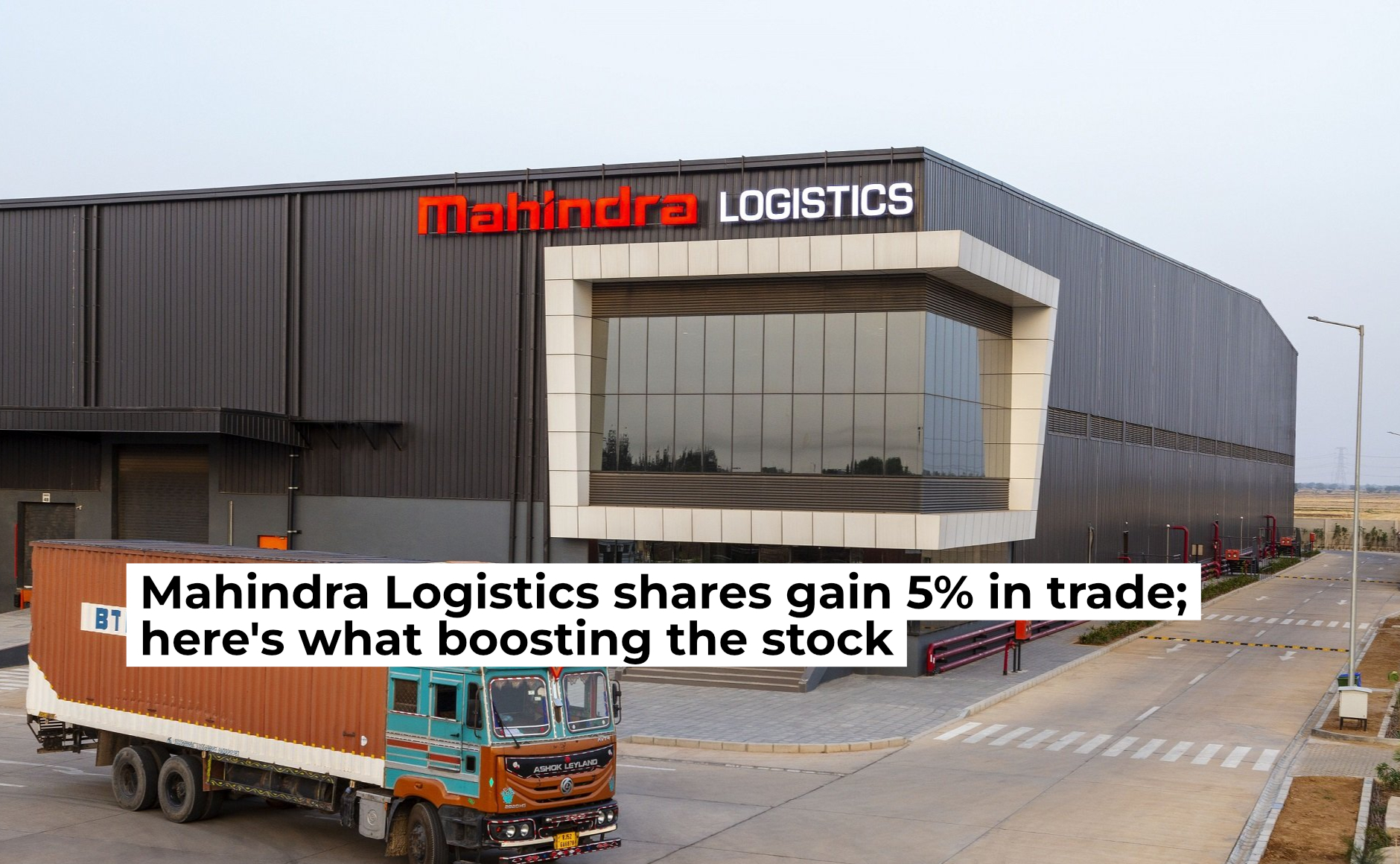



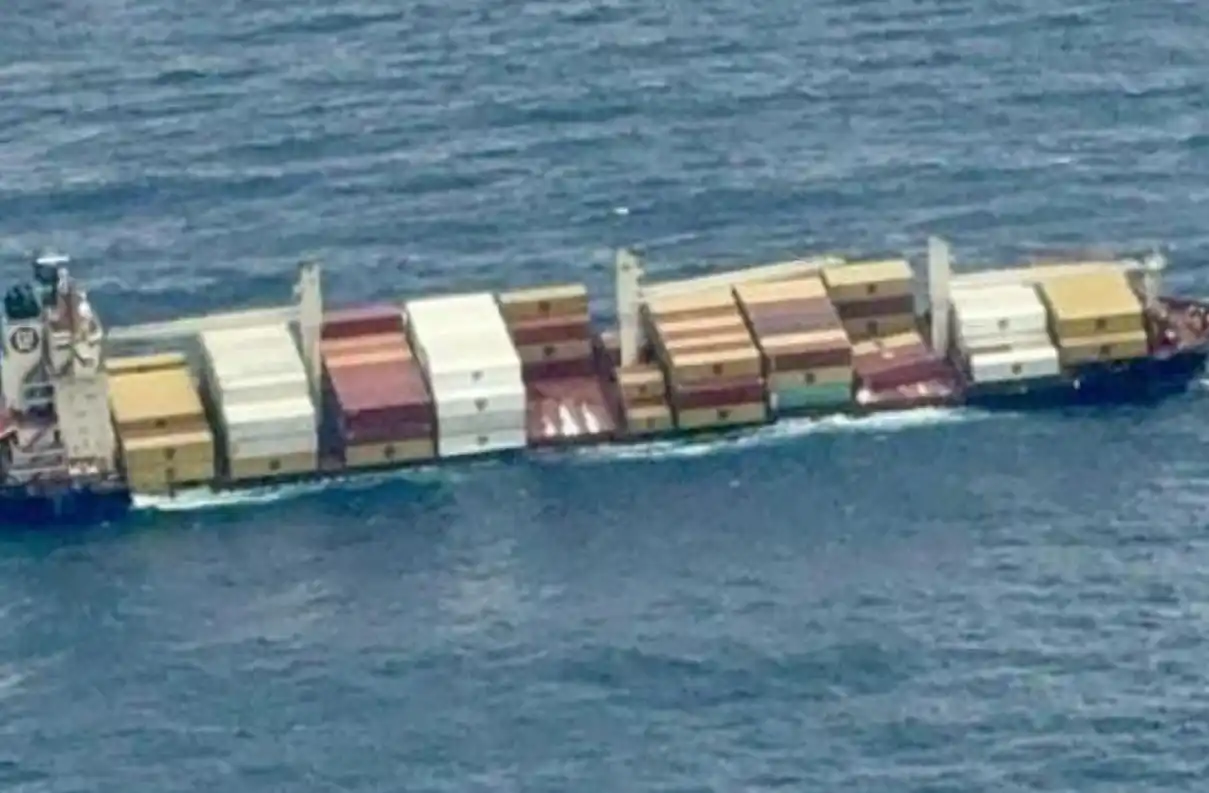
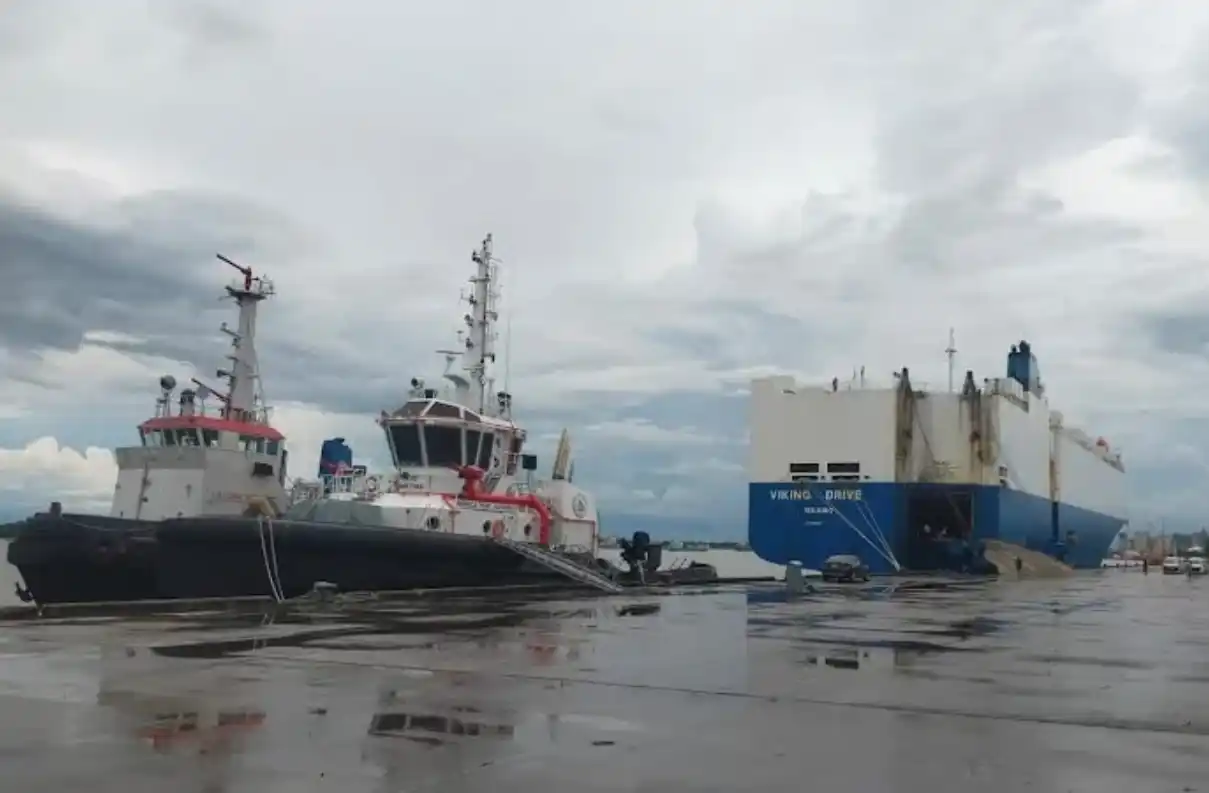





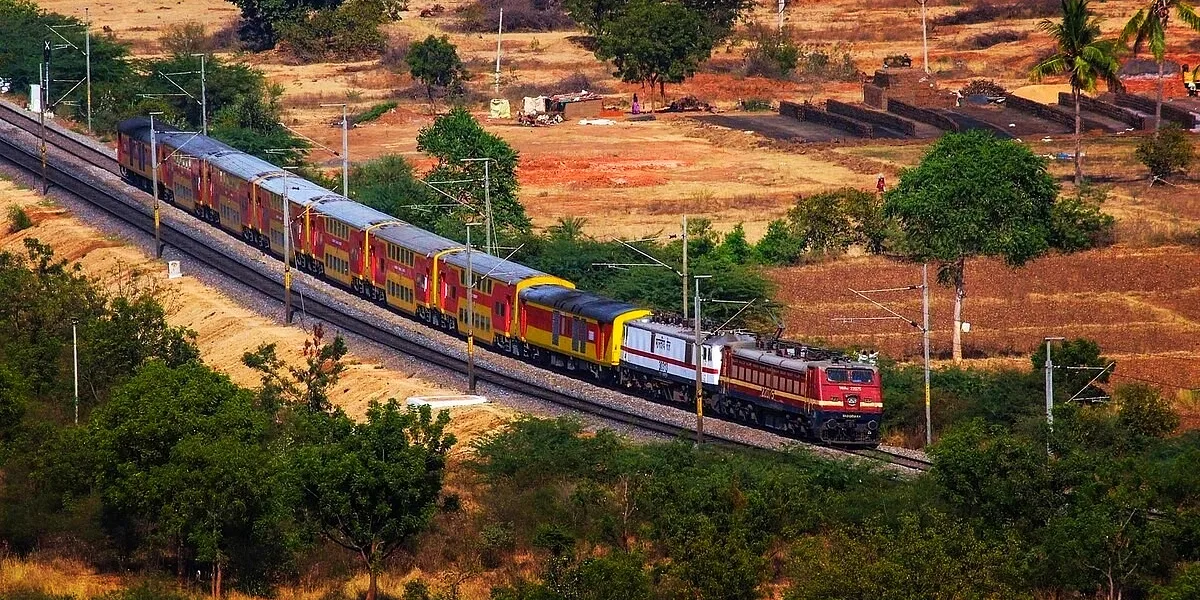



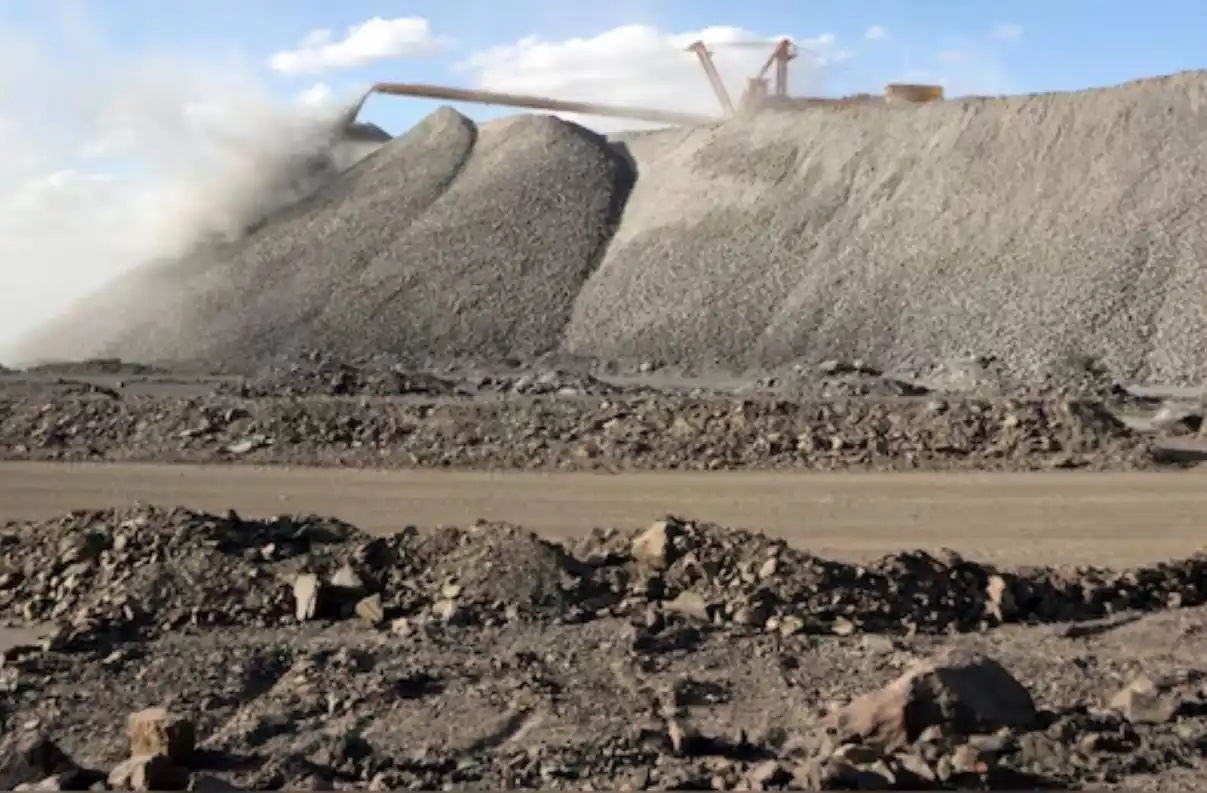
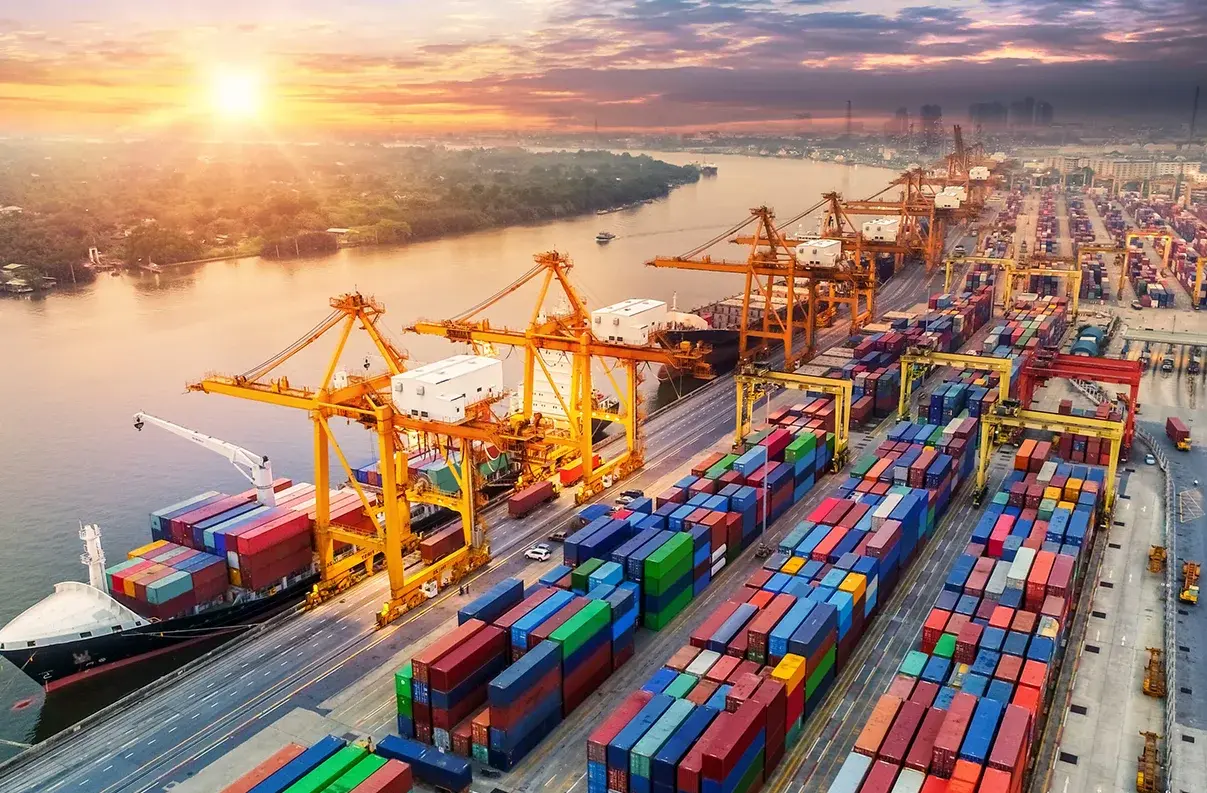

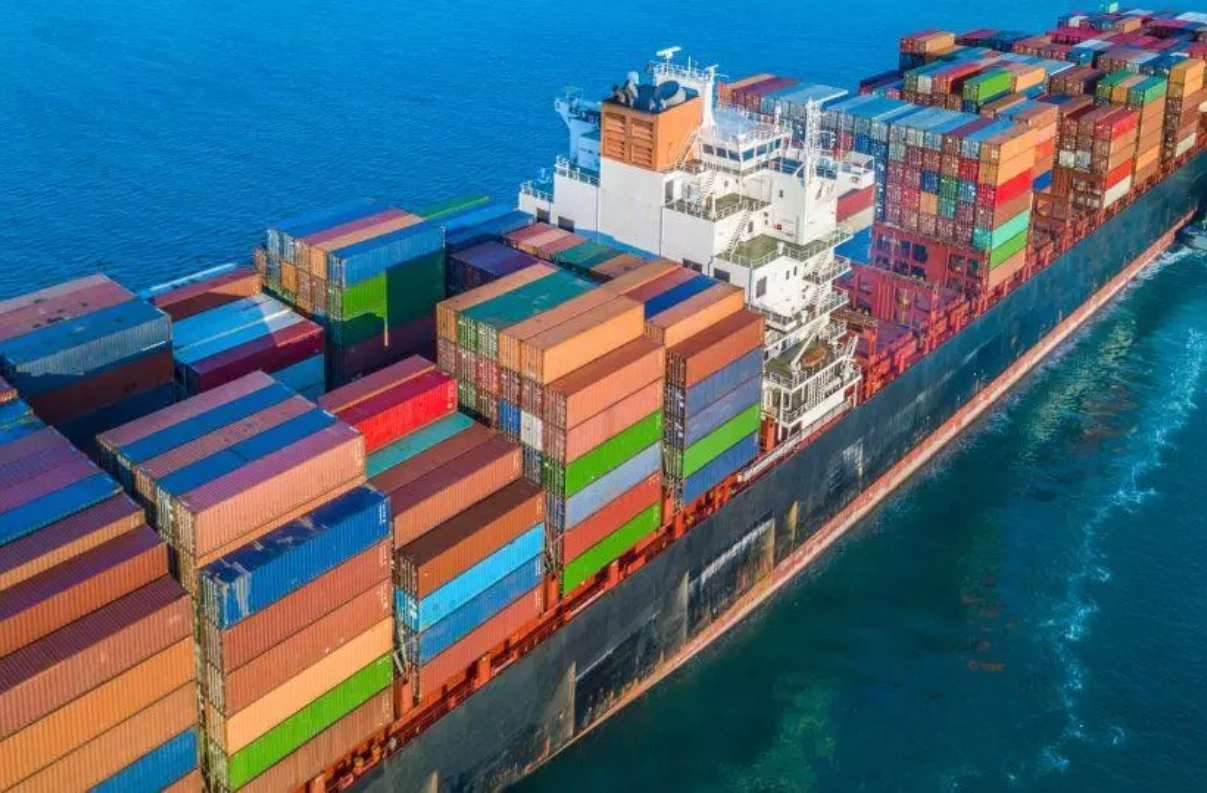
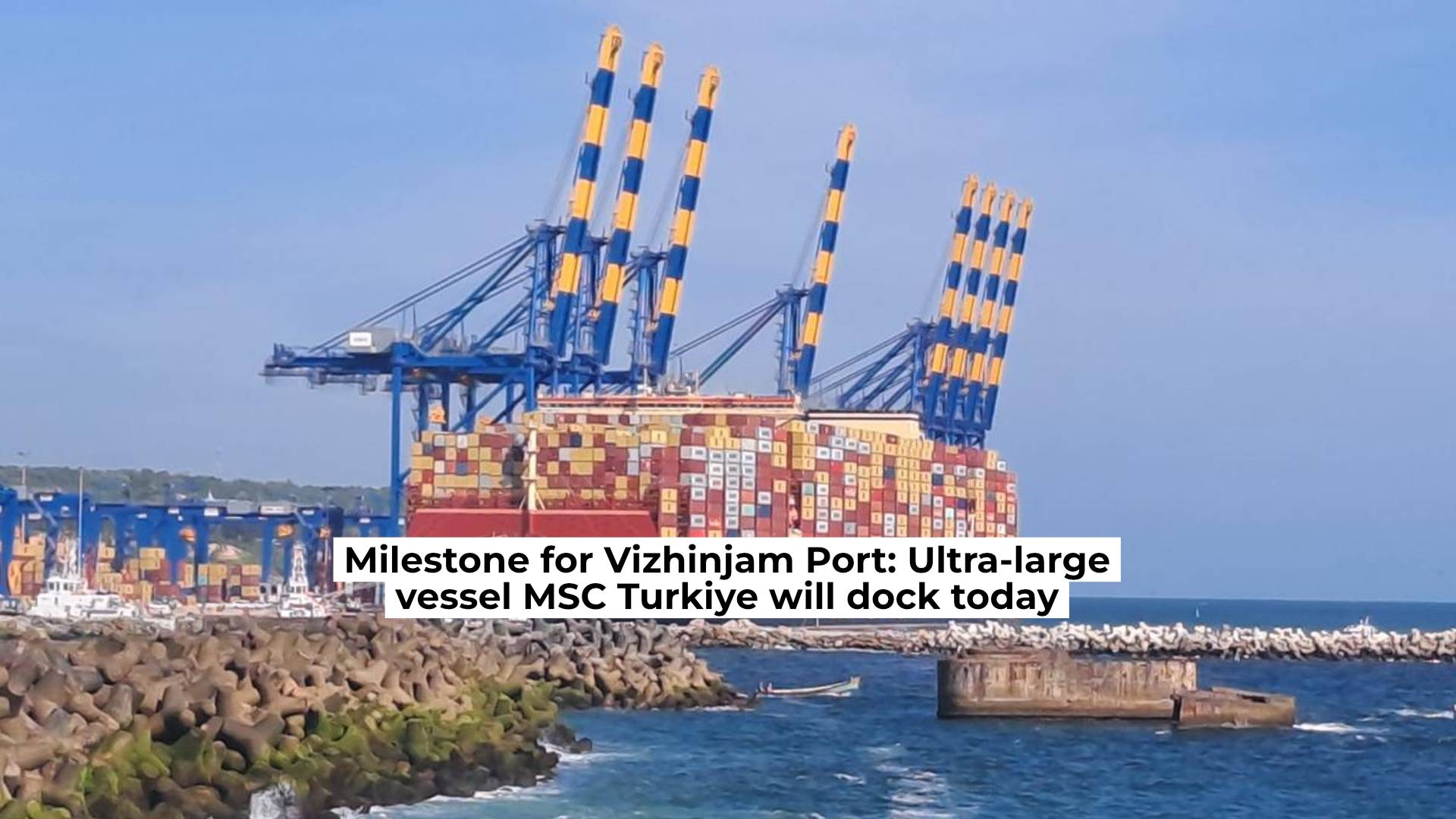

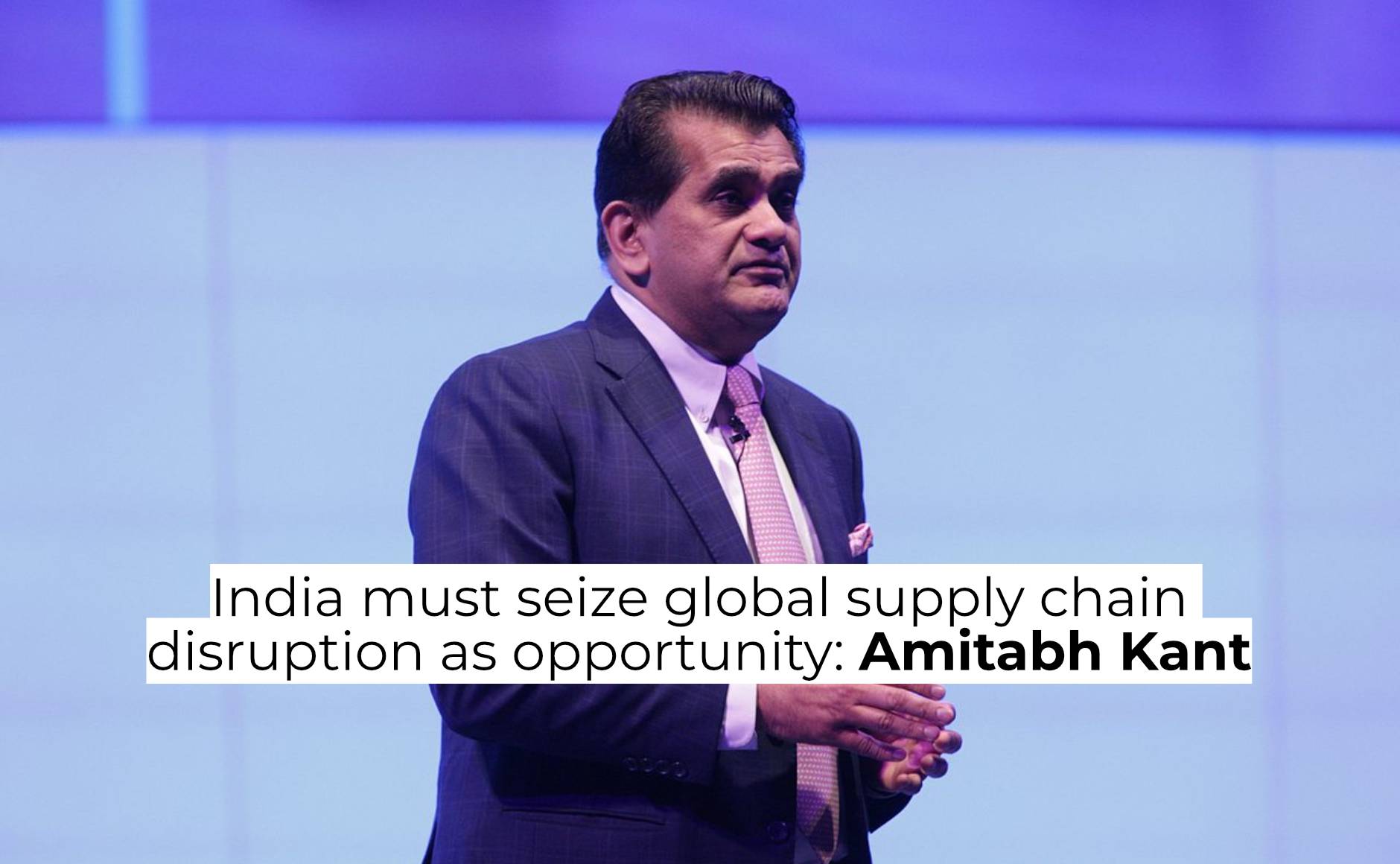





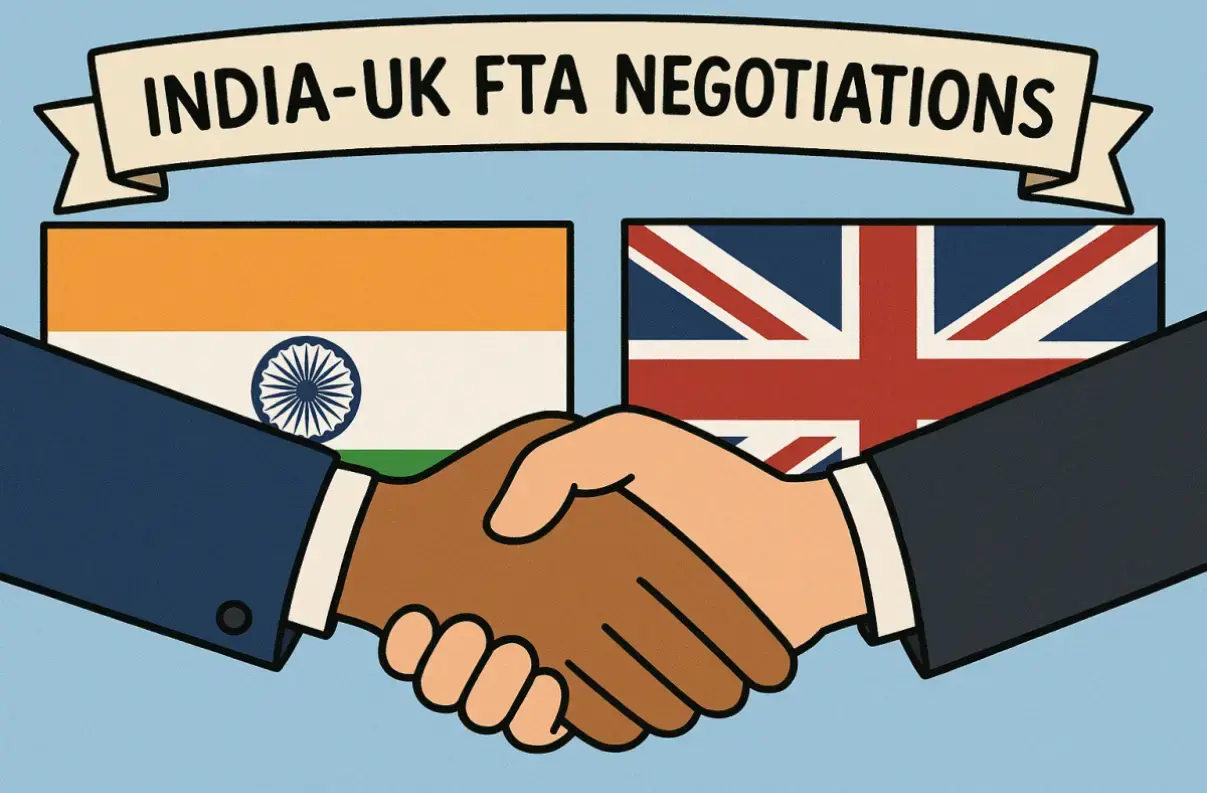





![$item['leaders']['alt']](https://journalofsupplychain.com/storage/app/public//registration/journal_of_supply_chain_1747215314.png)
![$item['leaders']['alt']](https://journalofsupplychain.com/storage/app/public//registration/journal_of_supply_chain_1747044658.png)


